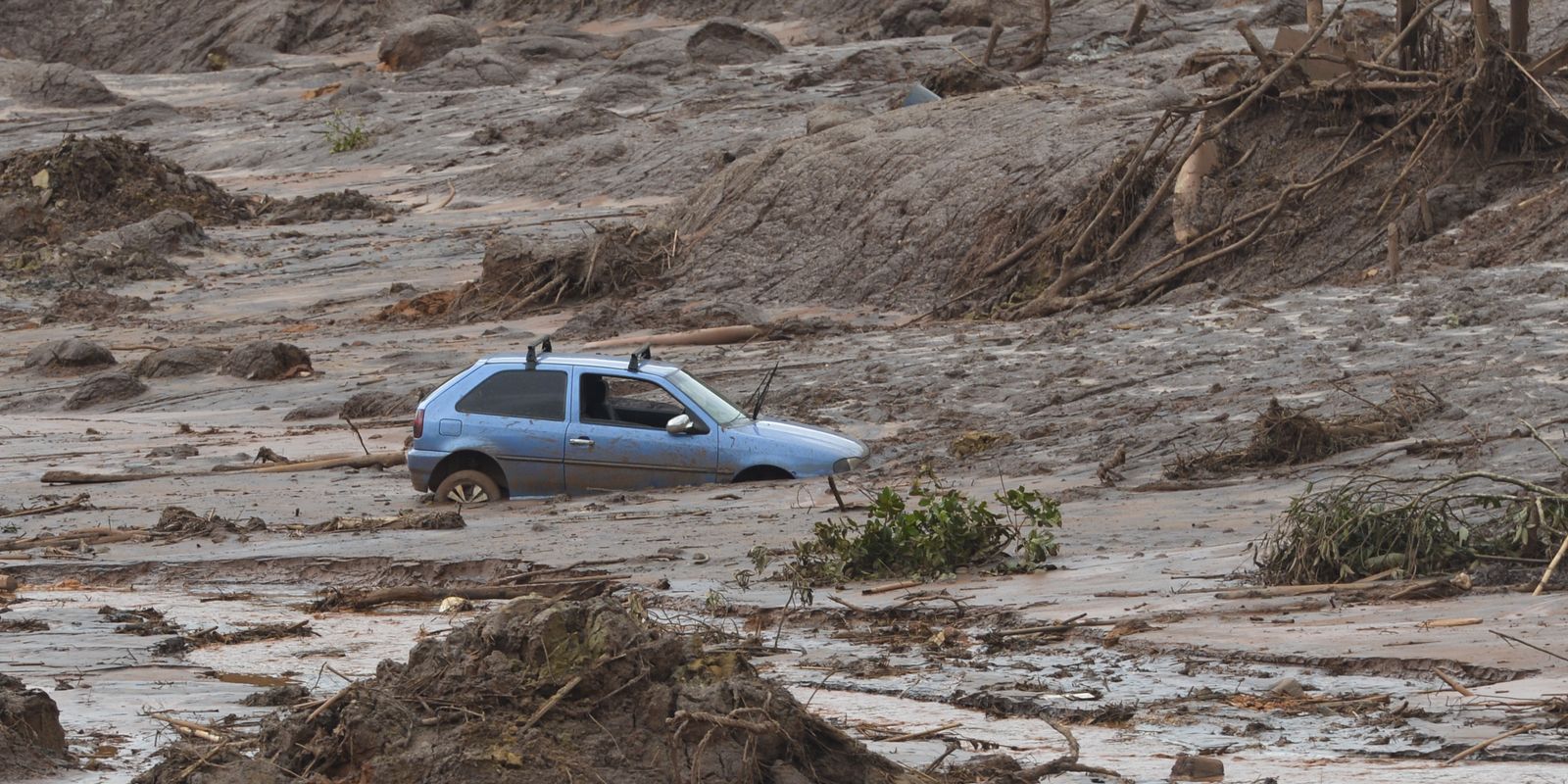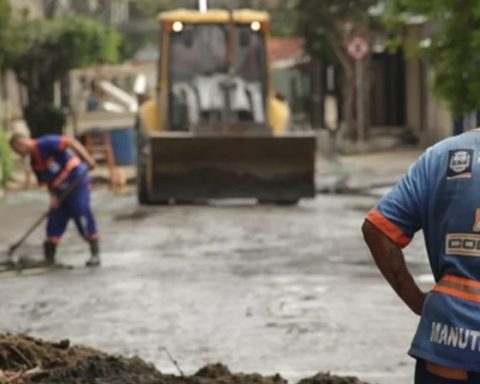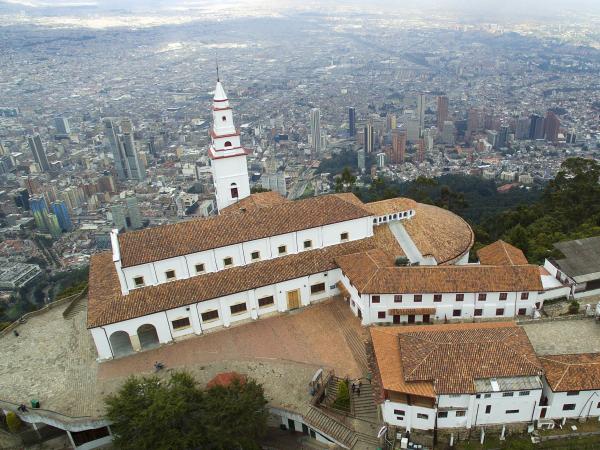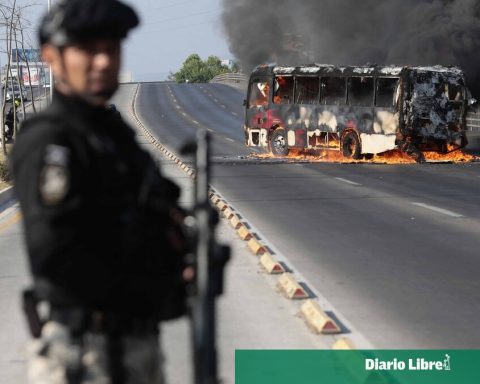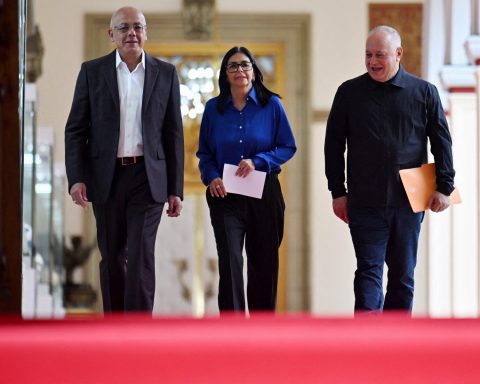Mining company Samarco and its two shareholders – Vale and BHP Billiton – were convicted by the Federal Court for violations involving an advertising campaign about reparation measures for the tragedy that occurred in the Rio Doce basin. The conviction also affects the Renova Foundation, an entity that was created to manage all damage reparation actions. Together, they must pay R$56 million for material and moral damages. An appeal is still possible.
The misuse of the foundation’s purpose is evident, as it was used for an advertising and marketing campaign. marketing to create a fantastical narrative in favor of the foundation itself. The situation, in addition to demonstrating Renova’s disrespect for its own statute, clearly demonstrates a lack of respect towards the victims and Brazilian society”, states the decision signed by judge Vinícius Cobucci.
The tragedy occurred in November 2015. The rupture of a Samarco dam in the municipality of Mariana, in Minas Gerais, released an avalanche of waste, causing 19 deaths and generating impacts for the populations of dozens of cities in Minas Gerais and Espírito Santo along the Rio Doce basin.
A few months after the incident, the mining companies, the federal government and the governments of Minas Gerais and Espírito Santo signed a reparation agreement known as the Transaction and Conduct Adjustment Agreement (TTAC). Based on this agreement, the Renova Foundation was created. It took over the management of more than 40 programs, with the mining companies being responsible for covering all the costs of the measures.
However, more than eight years later, the organization’s actions are the target of several legal challenges from those affected, the Public Prosecutor’s Office of Minas Gerais (MPMG) and the Federal Public Prosecutor’s Office (MPF). There are discussions involving everything from the delay in completing the reconstruction works in the districts devastated in the tragedy to the amount of compensation.
The lack of autonomy of Renova Foundation before mining companies is another issue contested by the MPMG, the MPF, the Federal Public Defender’s Office (DPU) and the Public Defender’s Offices of Minas Gerais and Espírito Santo. Together, it was also the four justice institutions that filed, in a public civil action filed in 2021, the complaint that there was “misleading advertising” in the advertising material distributed by the entity.
They gathered content that contained “inaccurate, ambiguous, incomplete or misleading information” and that was “reporting the reestablishment of a non-existent normality, on issues that are fundamental to the population, such as the quality of water and the aquatic environment, recovery of springs and bioengineering, economic recovery, compensation, resettlement and concentration of waste”. The lawsuit also mentioned the existence of scientific studies, expert reports and field work carried out by specialists that would demonstrate the opposite of what the materials published by the Renova Foundation claim.
“In the period of just over a month [6 de setembro a 11 de outubro de 2020]the Foundation spent R$17.4 million on a single advertising contract, the purpose of which was solely to promote a positive image of the entity and its sponsors. In total, there were 861 placements on TV and 756 on radio stations, not including the material published in print media and news portals”, the Justice institutions stated at the time. They assessed that the advertising placements did not have the affected audience as the true target audience, but rather investors and society in general.
“Such amounts acquire special relevance when it is noted that they were spent to the detriment of several programs whose execution is the sole reason for Renova’s existence. Proof of this is that the R$17.4 million spent on the campaign broadcast in 2020 is higher than the amount individually spent on 13 of the 42 programs provided for in the agreement that created the entity, according to data presented in site of the foundation itself”, they added.
Conviction
Although released on Tuesday (6) by the MPF, the decision was signed two weeks ago. According to the ruling, in addition to paying R$56 million for material and moral damages, the mining companies and the Renova Foundation must carry out counter-advertising, with new pieces providing clarifications on topics present in the advertisements that were considered incorrect, untrue or imprecise.
The decision notes that one of the obligations of the Renova Foundation as set out in the TTAC is to disseminate information in a transparent, clear and objective manner. According to Judge Vinícius Cobucci, the pieces published by the entity attempt to romanticize reparations, are intended for self-promotion and relativize the suffering of those affected.
He considered that there was “a real disinformation campaign, with the aim of minimizing the impact of the dam collapse” and assessed that the “attempt to control the narrative to create an orchestrated disinformation campaign is not only immoral, but illegal”. Cobucci also regretted the Renova Foundation’s stance of always blaming third parties for delays and other problems. “There is no self-criticism or humility to admit that the foundation makes mistakes”.
Wanted by Brazil Agencythe Renova Foundation stated that it acts within the limits of the TTAC and that it will file an appeal against the aforementioned decision. Samarco stated that it will only comment on the matter in the court records. Vale and BHP Billiton did not comment.
Dissatisfaction with the reparation process led governments, mining companies and justice institutions to begin negotiations in 2022 for a renegotiation agreement, capable of providing a solution for more than 85 thousand processes currently in progress. To date, however, there has been no success due to lack of consensus around values. The offer from mining companies has been considered insufficient by the other parties.
